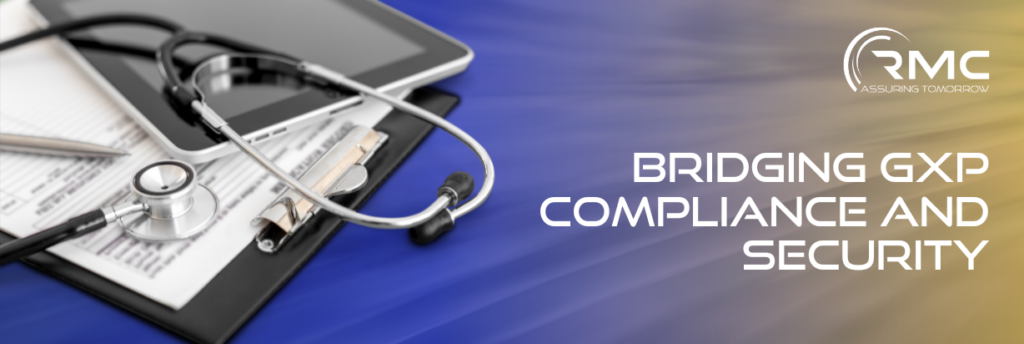Vince Kuchar, CEO of RMC Global, & Brad Bekampis, Senior Cybersecurity Specialist
Strategic understanding is becoming increasingly necessary to ensure regulation compliance of digital systems.
In the specialized sector of pharma and consumer health, adherence to GxP regulations is a business imperative. In the United States, the U.S. Food & Drug Administration mandates these requirements to ensure the safety, quality, and efficacy of pharmaceuticals and medical devices. However, navigating through these stringent regulations is not the only challenge organizations face. With advancements in technology, securing sensitive information and systems against cyber threats has become equally crucial.
In simple terms, GxP stands for ‘Good Practices,’ which provide a standardized set of quality processes during manufacturing, control, storage, and distribution. These Good Practices seek to protect the integrity and quality of products in a broad range of industries, including pharmaceuticals and consumer health.
In this blog, we will explore the relationship between GxP regulations and cybersecurity, illuminating some real-world implications and offering insights for organizations seeking to find the right balance between compliance measures and strong OT cybersecurity practices. Only by integrating compliance and security effectively can we ensure the stability and protection of our essential healthcare systems.
Merging Cybersecurity and GxP Regulations
GxP encompasses a variety of regulations, impacting additional sectors including food, medical devices, and cosmetics. These guidelines assure traceability, accountability, and data integrity in the development and production processes. It’s essential for businesses in these sectors to comprehend and comply with these multifaceted regulations not merely to meet compliance standards but to ensure the ongoing security and efficacy of their products and systems.
Integrating cybersecurity within this regulatory framework is vital, especially when each adjustment made to a system requires revalidation to maintain GxP compliance, a process that can be both costly and time-consuming. The integration of cybersecurity and GxP requires a strategic implementation of security controls within the production process to ensure the ongoing security and integrity of these systems and devices during their operational use.
The management of data and systems under GxP is especially notable given the uptick of targeted attacks aimed at drug research intellectual property. This amplifies the necessity to secure not only the production processes but also the devices deployed within the healthcare system. This rapid digital transformation within pharma & consumer health and the interconnectedness of systems accentuates vulnerabilities, especially when systems operate on unpatched firmware or outdated operating systems.
Case Studies: The Impact of Cybersecurity in Healthcare
Real-world instances such as the WannaCry ransomware attack have illuminated the vulnerabilities present in pharma & consumer health systems. Major companies have faced significant losses due to production outages, spotlighting the importance of implementing and maintaining robust cybersecurity measures. One notable example is Merck, where the ransomware attack resulted in substantial financial losses due to operational downtime and an associated loss of revenue.
Balancing Costs and Risks in Cybersecurity Implementation
Implementing security controls to maintain compliance under GxP regulations can be costly due to a loss of production uptime. It sets up a tradeoff between the known costs of downtime and unknown potential impacts of an exploited vulnerability. The strategic choice for many organizations often leans toward accepting inherent risks instead of embarking on the long journey of understanding, securing, and revalidating systems. The potential repercussions of such decisions are multifaceted, ranging from operational disruptions and data breaches to extensive reputational harm.
Considering the advancements in pharma and consumer health systems, the implications of security breaches have grown. This necessitates thoughtful risk management strategies, incorporating a holistic approach to risk identification, assessment, and mitigation, while aligning them effectively with organizational objectives and risk tolerance. The acceptance of risks is not merely a compliance decision but a strategic one, requiring a careful balance between the imperative to secure and the practicality of implementation, with the overarching aim to safeguard organizational integrity, data security, and operational resilience.
GxP and cybersecurity’s intricate relationship prompts pharma and consumer health companies to evaluate their situations strategically. They must instate cybersecurity measures during both pre- and post-deployment stages of their systems and devices. This dual focus demands a deep understanding of sector-specific regulations and a cybersecurity approach ensuring operational dependability. Given the high costs associated with updating GxP validated systems, companies sometimes accept the risks of running outdated or legacy systems. Thus, the decision often hinges on a cost-benefit analysis, balancing financial implications with potential security vulnerabilities.
RMC Global: Expertise at the Crossroads of Pharma, Consumer Health, and Cybersecurity
At RMC Global, we specialize in navigating the complexities of industry regulations and cybersecurity. Our expertise extends beyond cybersecurity, delving into the comprehensive understanding of varied industry regulations, ensuring robust and compliant solutions for critical infrastructure sectors. We provide unparalleled insights, strategies, and solutions. We help organizations mitigate risks and optimize security in alignment with industry-specific compliance requirements.
As OT cybersecurity garners more visibility from boards, regulators, and insurers, our goal is to transcend the conversation beyond industry compliance, focusing on the alignment of security programs with industry regulations, risk management, decision-making, and balancing risk versus reward. At RMC Global, we recognize that sectors like pharma and consumer health come with distinct compliance and security challenges. We’re here to guide businesses towards optimized, secure, and compliant operations.
For support on how to best navigate GxP regulations and improve your cybersecurity posture in pharma and consumer health, contact RMC Global today!
How can RMC help your organization?
Contact us today: sales@rmcglobal.com
Be sure to follow RMC Global on LinkedIn, and bookmark our News & Perspectives website to stay apprised of industry insights and topical advice on establishing cyber resiliency in OT environments.

